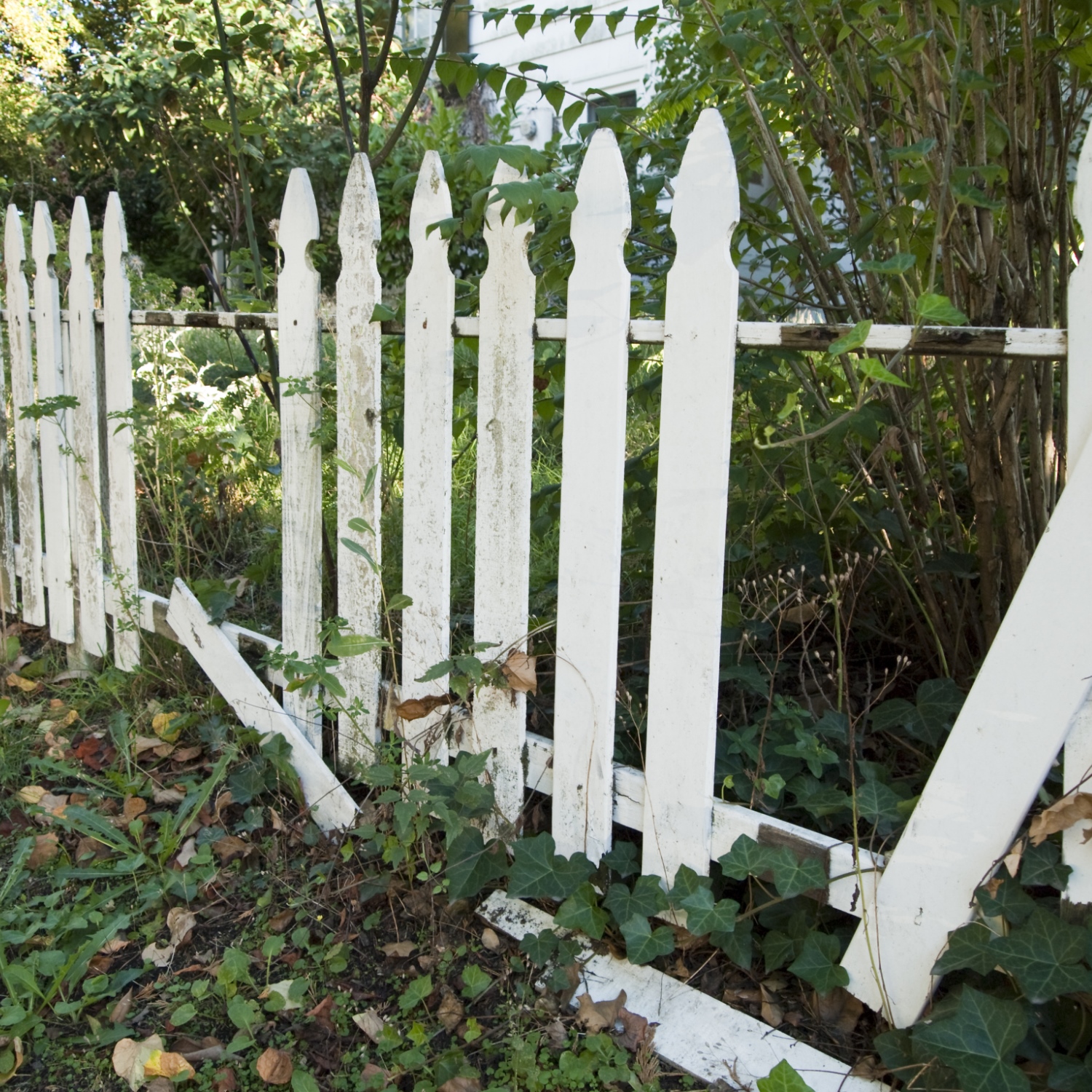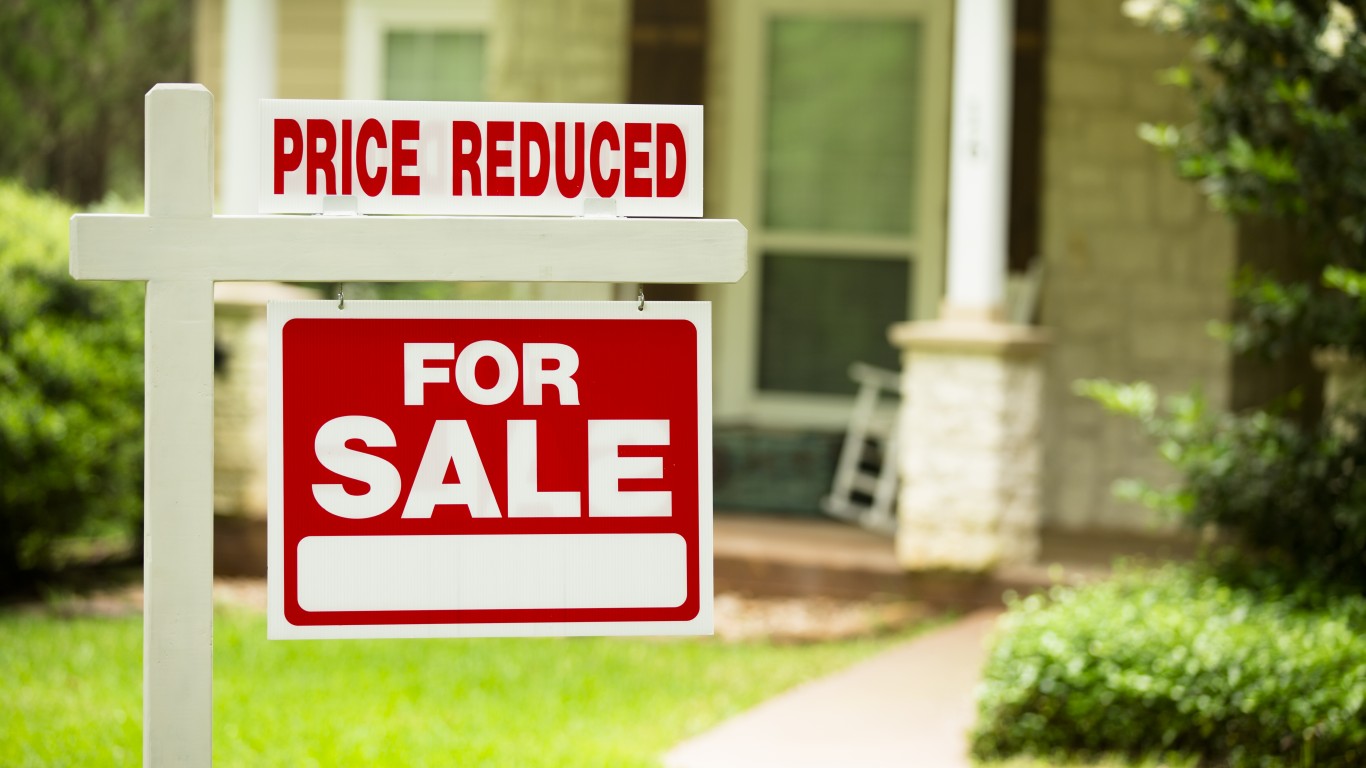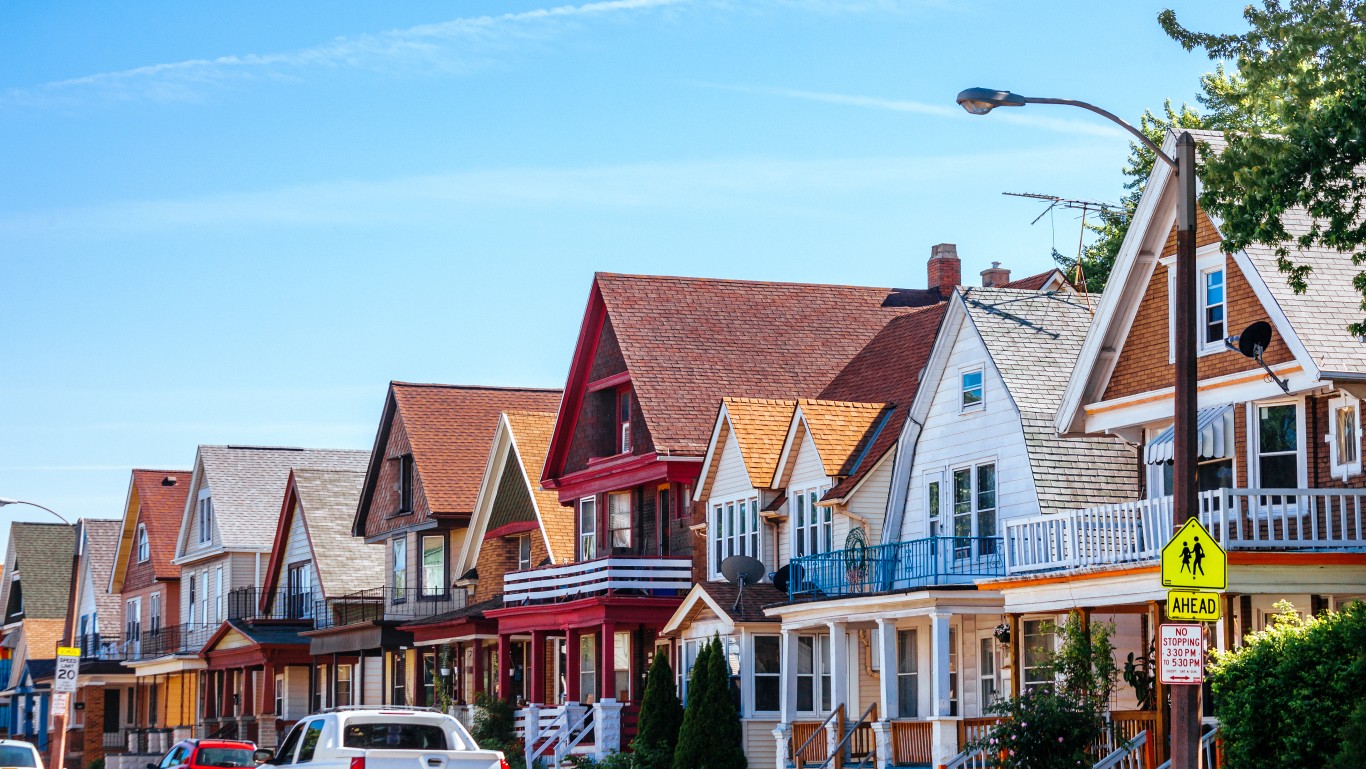
U.S. sales of distressed homes totaled 9.9% of all homes sold in March of 2016, according to data published Thursday by CoreLogic. The total represents a 2.7 percentage point drop compared with March of 2015 and a decrease of 1.7 percentage points compared with February of 2016. Maryland posted the most distressed sales of any state, 19.8%.
A distressed sale is a transaction involving a real estate-owned (REO) property or a short sale. In March REO sales accounted for 6.8% of distressed home sales and short sales accounted for 3.2% of all sales in the month. At the peak of distressed sales in January 2009, 32.4% of all sales were distressed, including REO sales totaling 27.9% of all sales.
The CoreLogic report noted:
While distressed sales play an important role in clearing the housing market of foreclosed properties, they sell at a discount to non-distressed sales, and when the share of distressed sales is high, they can pull down the prices of non-distressed sales. There will always be some level of distress in the housing market, and by comparison, the pre-crisis share of distressed sales was traditionally about 2 percent. If the current year-over-year decrease in the distressed sales share continues, it would reach that “normal” 2-percent mark in mid-2018.
The five states with the largest percentage of distressed sales were Maryland (19.8%), Connecticut (18.9%), Michigan (18.1%), Florida (17.0%) and Illinois (16.7%). North Dakota posted the smallest share of distressed home sales at just 2.4%. Florida had a five-point drop in its distressed sales share from a year earlier, the largest decline of any state, and California had the largest improvement of any state from its peak distressed sales share, falling 59.9 percentage points from its January 2009 peak of 67.5. Only North Dakota and Washington, D.C., remain close to pre-crisis levels of distressed sales.
Among the 25 largest metropolitan areas, these five posted the largest percentage of distressed sales:
- Baltimore-Columbia-Towson, Maryland (19.8%)
- Chicago-Naperville-Arlington Heights, Illinois (19.0%)
- Tampa-St. Petersburg-Clearwater, Florida (18.6%)
- Orlando-Kissimmee-Sanford, Florida (18.2%)
- Newark, New Jersey (14.8%)
Orlando-Kissimmee-Sanford, Florida, had the largest year-over-year drop in its distressed share, falling by 5.3 points from 24.5 in March 2015 to 18.2 in March 2016. Riverside-San Bernardino-Ontario, California, had the largest overall improvement in its distressed sales share from its peak value, dropping from 76.3% in February 2009 to 10.1% in March 2016. The smallest percentage of distressed sales, 2.6%, occurred in the Denver-Aurora-Lakewood, Colorado, metro area.
Travel Cards Are Getting Too Good To Ignore (sponsored)
Credit card companies are pulling out all the stops, with the issuers are offering insane travel rewards and perks.
We’re talking huge sign-up bonuses, points on every purchase, and benefits like lounge access, travel credits, and free hotel nights. For travelers, these rewards can add up to thousands of dollars in flights, upgrades, and luxury experiences every year.
It’s like getting paid to travel — and it’s available to qualified borrowers who know where to look.
We’ve rounded up some of the best travel credit cards on the market. Click here to see the list. Don’t miss these offers — they won’t be this good forever.
Thank you for reading! Have some feedback for us?
Contact the 24/7 Wall St. editorial team.


